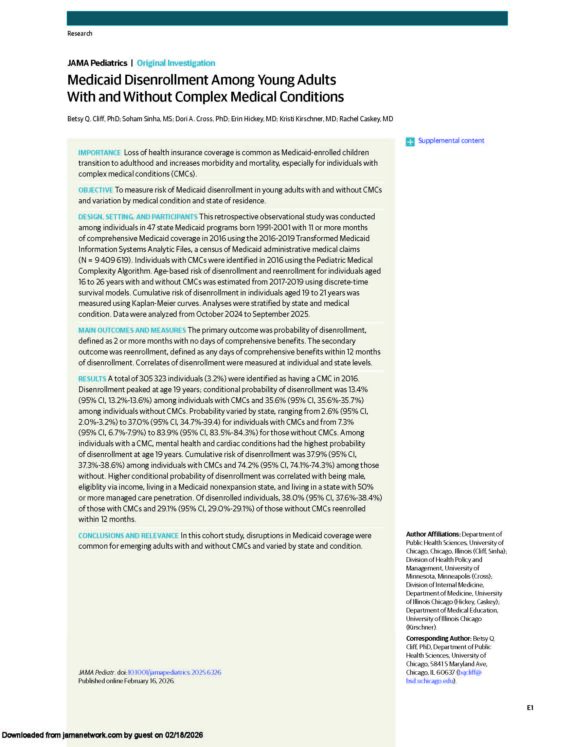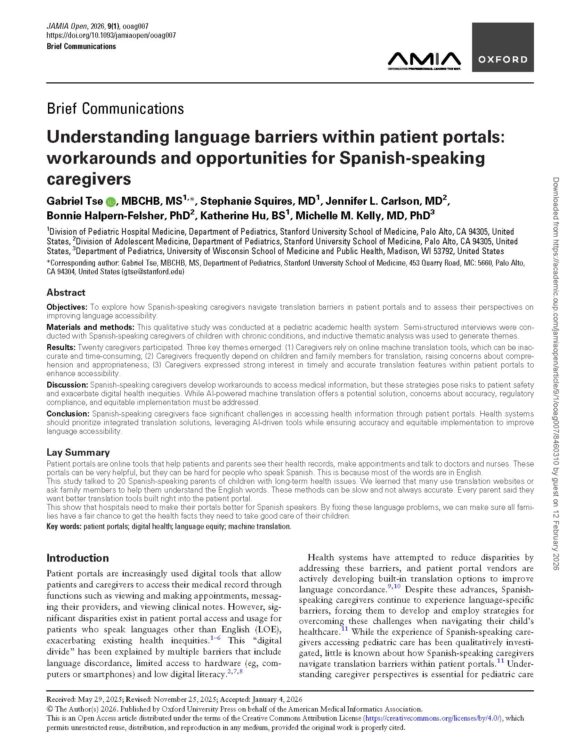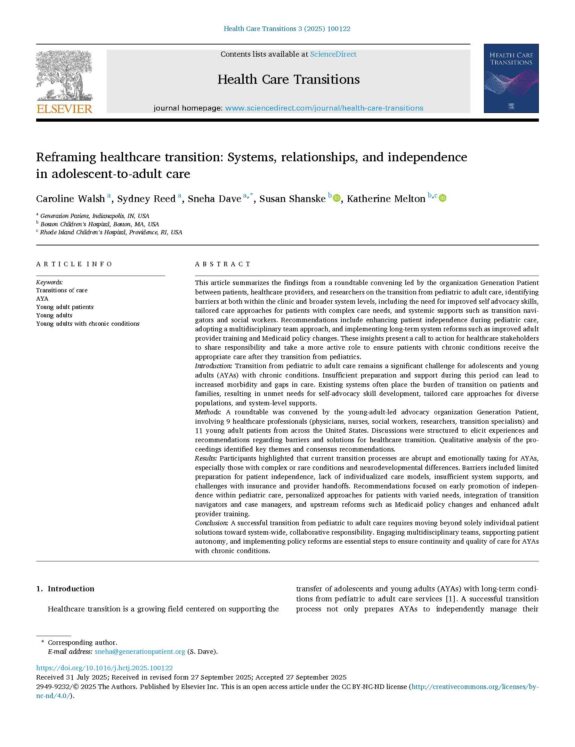Children with Special Health Care Needs and Managed Care: Approaches from Three States
For families of children with special health care needs, depending on managed care organizations is a worrisome situation, especially when their children require expensive and/or unusual services. Families are fearful that those health plans, working with a fixed budget for future services, will limit access to what parents view as appropriate care, in order to control costs and maximize profits.
Fortunately, research offers some reassurance that in general these fears are unfounded. The standard solution for this dilemma has been to adopt quality measures to try to assure that patients receive the care they need. Unfortunately, typical measures are not sufficiently sensitive to the special needs of individual children with chronic or complex problems to provide that assurance, and variable quality among managed care organizations further emphasizes the need for new and better approaches.
A new study by the National Academy for State Health Policy, supported by the Lucile Packard Foundation for Children’s Health, examines the approaches taken by three states, including California, to assuring that children with special health care needs are known to their managed care organization and that their needs are assessed so that appropriate care can be planned and provided. The study’s authors, focusing on Medicaid programs, make three recommendations:
- Identify CSHCN as a specific subpopulation in managed care contracts
- Tailor quality monitoring to address the special needs of children with chronic illness
- Form active, collaborative partnerships between the payer, Medicaid, and the managed care organizations
To these suggestions the Foundation would add two more. First, reference and adhere to national standards for systems of care for children with special needs. The Association for Maternal and Children Health Programs will soon be releasing such standards. Second, monitor adherence to the standards and use the resulting information to improve the care being provided.



